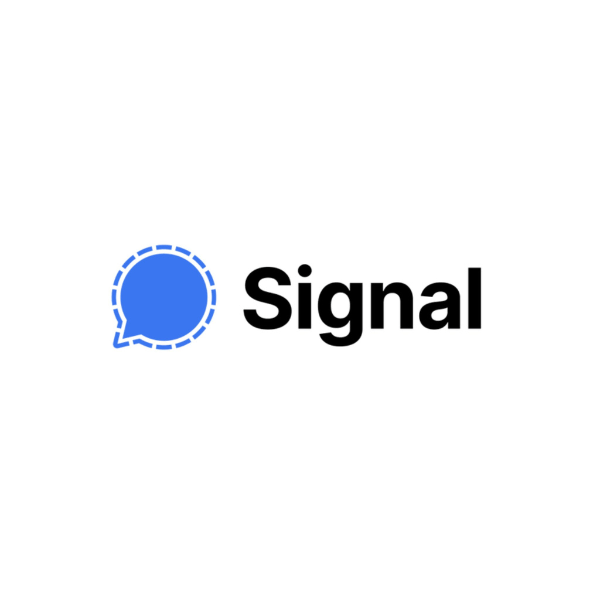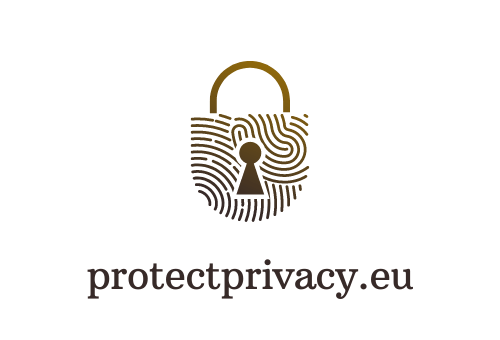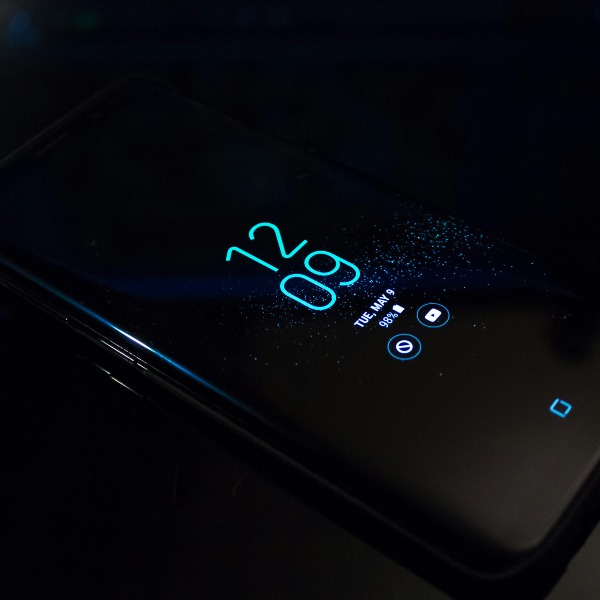Signal: The Gold Standard of Private Messaging

In the modern era the need for secure and private messaging is more crucial than ever. Amidst a host of messaging platforms, Signal stands out as the gold standard in privacy-oriented communication apps. Here’s why.
End-to-End Encryption
Firstly, Signal boasts state-of-the-art end-to-end encryption, which ensures that your messages are only readable by you and the intended recipient(s). Unlike other popular messaging apps that encrypt messages in transit but store decrypted copies on servers, Signal’s encryption extends from the moment you press send to the moment it’s received. This means that even if someone intercepted your messages, they would be faced with nothing more than indecipherable gibberish. Signal uses the highly respected open-source Signal Protocol to execute this encryption, which is also used by WhatsApp and Facebook Messenger. However, Signal’s commitment to privacy goes even further.
No Data Collection
Unlike most other communication apps, Signal doesn’t track or store any personal metadata. When you send a message, the only data Signal retains is the date and time the message was sent and the phone numbers involved. They don’t store message content, user interactions, or any other identifying data. This stance against data collection sets Signal apart from competitors and aligns perfectly with its privacy-first ethos.
Self-Destructing Messages
Signal has a feature for sending messages that automatically disappear after a set time. You can set the timer for anything from 5 seconds to a week, allowing for extra privacy assurance, especially when discussing sensitive information.
Open Source
One of Signal’s unique selling points is its open-source nature, meaning its code is publicly accessible. This transparency allows anyone to inspect, contribute, or modify the software. It’s a testament to Signal’s commitment to privacy, as it enables ongoing scrutiny and evaluation of its security measures by the global tech community.

Sealed Sender
Signal’s “Sealed Sender” feature adds an extra layer of privacy. It encrypts the sender information, making it nearly impossible to identify who sent a message. This not only secures the content of your messages but also obfuscates their origins, ensuring total privacy.
No Ads or Tracking
Signal is a non-profit organization, which means it’s not interested in selling ads or tracking users for profit. The app is supported by grants and donations, so there’s no business incentive to exploit your data.
User Friendly
Lastly, despite these sophisticated security measures, Signal remains user-friendly. The interface is clean, intuitive, and similar to other popular messaging apps, so you don’t have to sacrifice usability for security.
In conclusion, Signal provides robust, unrivaled privacy protection for your messages without compromising on usability. For anyone serious about protecting their digital communication, it’s the clear choice. The app serves as an example of how technology can be designed with the user’s privacy at heart, and we can only hope that it sets the trend for future digital communication tools.








